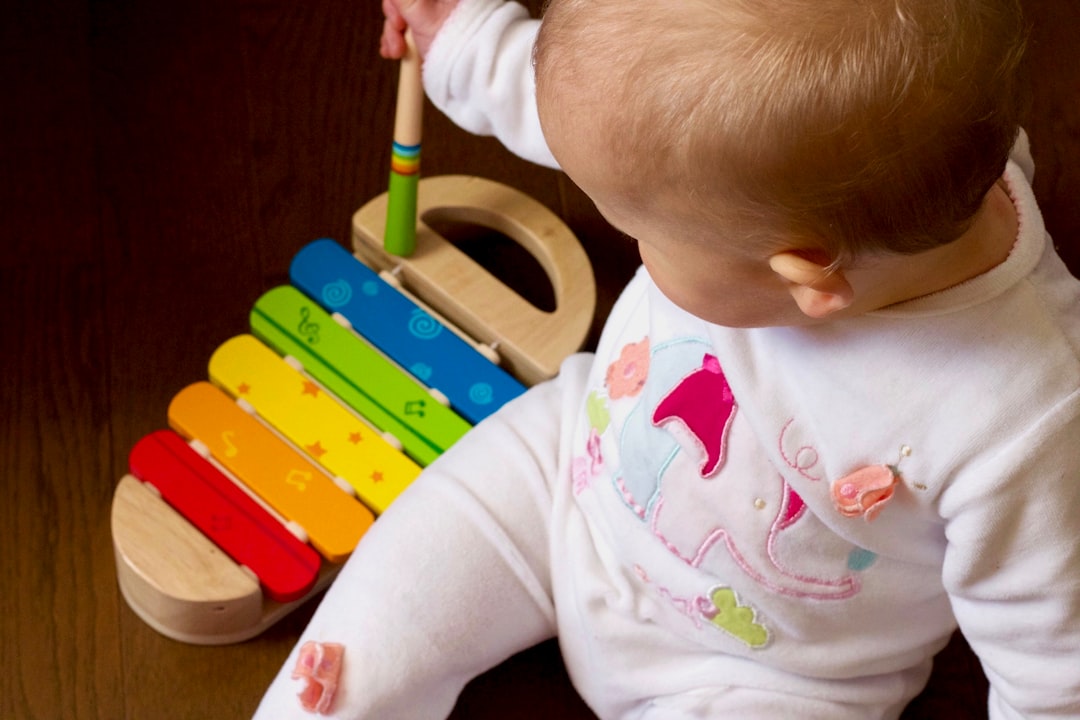What is it about?
Turkish-heritage children seem to have significant lower language proficiency in Dutch, compared with their Moroccan-heritage peers. Previous studies have shown that existing language skills in the second language can affect the children’s vocabulary acquisition in the second language considerably. In the present study, we investigated whether Moroccan- and Turkish-heritage children living in Flanders, the Dutch-speaking part of Belgium, acquire new Dutch vocabulary to the same extent when they are provided with exactly the same type of language input. We conducted an experiment in which we exposed the children to twelve new words (six object labels and six action labels) during a dynamic storytelling session. Afterwards, we tested the children's knowledge of the novel words. Our findings indicate that Turkish- and Moroccan-heritage children acquired the novel words to almost the same extent when their prior language proficiency in Dutch was taken into account. However, Moroccan-heritage children still outperformed their Turkish-heritage peers producing the novel object labels. Our outcome suggests that initial language proficiency in Dutch is an important predictor of novel vocabulary learning. Furthermore, we argue that linguistic properties of the children’s first language may play a role in second language acquisition, suggesting that a different approach to the stimulation of second language (vocabulary) acquisition in minority children of different ethnic origin may be necessary.
Featured Image
Why is it important?
Children with a Moroccan or Turkish background have been considered as one homogeneous group in most of the reports examining educational inequalities and language proficiency in ethnic minority children. However, over the years, considerable differences between children of both groups have been noted as well. Moroccan-heritage children seem to be more proficient in Dutch (L2) than children of Turkish origin. Like some previous studies suggest, existing language skills affect ethnic minority children’s novel vocabulary acquisition in the L2, resulting in this case in a disadvantage for Turkish-heritage children. In particular, we believe that an examination and a comparison of Moroccan- and Turkish-heritage children’s vocabulary acquisition can give us more insight in the functioning of the L2 vocabulary acquisition process of ethnic minority children in general, indicating whether potential differences in vocabulary acquisition have to be attributed to differences in L2 proficiency or whether other factors, such as L1 characteristics, play a role as well.
Read the Original
This page is a summary of: Vocabulary acquisition in Moroccan- and Turkish-heritage children: A comparative study, International Journal of Bilingualism, May 2016, SAGE Publications,
DOI: 10.1177/1367006916648412.
You can read the full text:
Contributors
The following have contributed to this page










